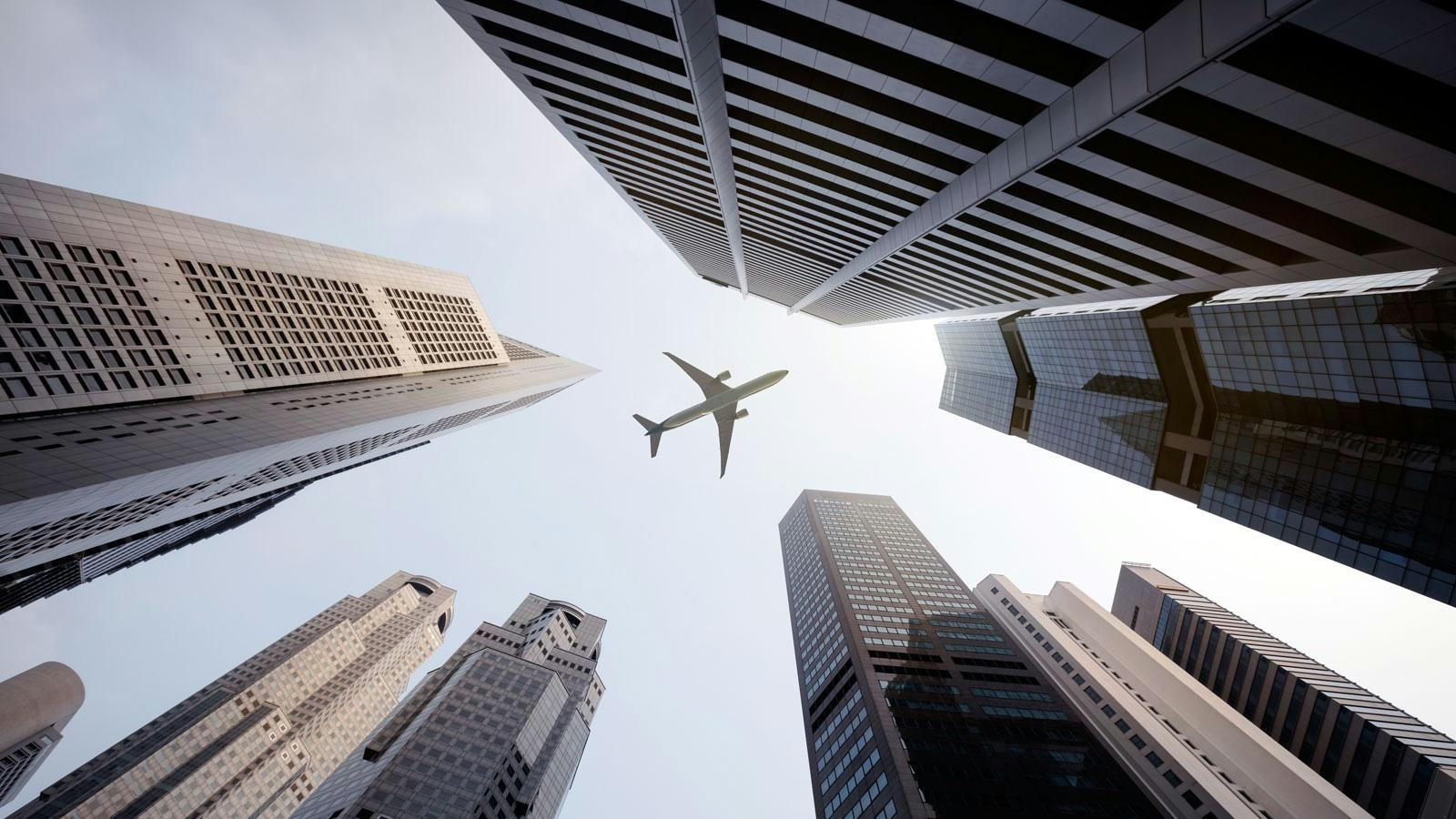AeroGenie — Your Intelligent Copilot.
Trending
Categories
IATA Warns Supply Chain Issues Could Slow Airline Growth

IATA Warns Supply Chain Issues Could Slow Airline Growth
The International Air Transport Association (IATA) has issued a cautionary report highlighting how persistent supply chain bottlenecks are poised to hinder the airline industry’s anticipated growth. Delays in aircraft production and escalating maintenance costs are forcing carriers to reconsider their fleet expansion strategies, often resulting in the prolonged use of older aircraft.
Production Delays and Economic Impact
IATA’s report, released on October 13, underscores that disruptions within the aerospace supply chain are causing significant delays in the delivery of new aircraft and essential parts. This situation has compelled airlines to adjust their fleet plans, frequently opting to keep aging planes operational for longer periods. The global commercial aircraft backlog surged to a record high of over 17,000 units last year, well above the 2010-2019 average of approximately 13,000 annually. These delays are expected to cost the airline industry more than $11 billion in 2025, driven by increased fuel consumption, higher maintenance expenses, additional engine leasing fees, and surplus inventory holding costs.
IATA attributes these challenges to a combination of factors, including geopolitical instability, raw material shortages, and tight labor markets, all of which disrupt the aerospace industry's economic model. Director General William M. Walsh emphasized the critical importance of a reliable supply chain for airlines, noting the unprecedented wait times for aircraft, engines, and parts, alongside unpredictable delivery schedules.
Broader Supply Chain Challenges and Industry Responses
Beyond aircraft and components, supply chain issues are also affecting the availability of sustainable aviation fuels (SAF), which are vital to the sector’s decarbonization goals. Fragmented policies and mandates, such as the European Union’s RefuelEU initiative, have introduced additional complexities, sometimes producing unintended consequences for airlines striving to secure dependable SAF supplies. In response, some carriers are revising their growth strategies, enhancing collaboration efforts, and lobbying for policies that ensure equitable access to SAF feedstocks.
Market reactions have varied, with airlines adjusting fleet expansion plans and seeking innovative solutions to mitigate supply chain disruptions. Industry players are forming partnerships to address these challenges and advocating for harmonized regulations that support sustainable growth across the sector. The GEP Global Supply Chain Volatility Index further indicates that global supply chains remain below full capacity, exacerbating the difficulties airlines face in managing fleet operations and expansion.
Regional Perspectives and Financial Outlook
Despite these headwinds, IATA projects the aviation sector will achieve a net profit of $36 billion in 2025, an increase from $32.4 billion in 2024, even amid ongoing global economic uncertainty. Nigel Paul C. Villarete, senior adviser at Libra Konsult, Inc., observed that while supply chain disruptions are likely to affect the Philippines, the impact may be less severe compared to other regions. He explained that the country functions more as a supplier or recipient destination rather than a transit hub in the supply chain, making its aviation growth closely tied to the overall national economic performance.
Villarete also noted that shifts in supply chain arrangements could create winners and losers among airlines, depending on how changes in supply origins, delivery routes, and operational dynamics unfold. IATA’s report further highlights that the continued use of older, less fuel-efficient aircraft due to delivery delays is driving up fuel and maintenance costs, as aging fleets require more frequent and costly upkeep.

Capital A Completes Sale of Aviation Business to AirAsia X

Four Gateway Towns to Lake Clark National Park

PRM Assist Secures €500,000 in Funding

Should Travelers Pay More for Human Support When Plans Go Wrong?

InterGlobe Aviation Shares Rise 4.3% Following January Portfolio Rebalancing

Key Market Segments Shaping Airline Route Profitability Software

Locatory.com Gains Traction Among Aviation MROs and Suppliers

JetBlue Flight Makes Emergency Landing Following Engine Failure

58 Pilots Graduate from Ethiopian University

The Engine Behind Boeing’s Latest Widebody Aircraft
